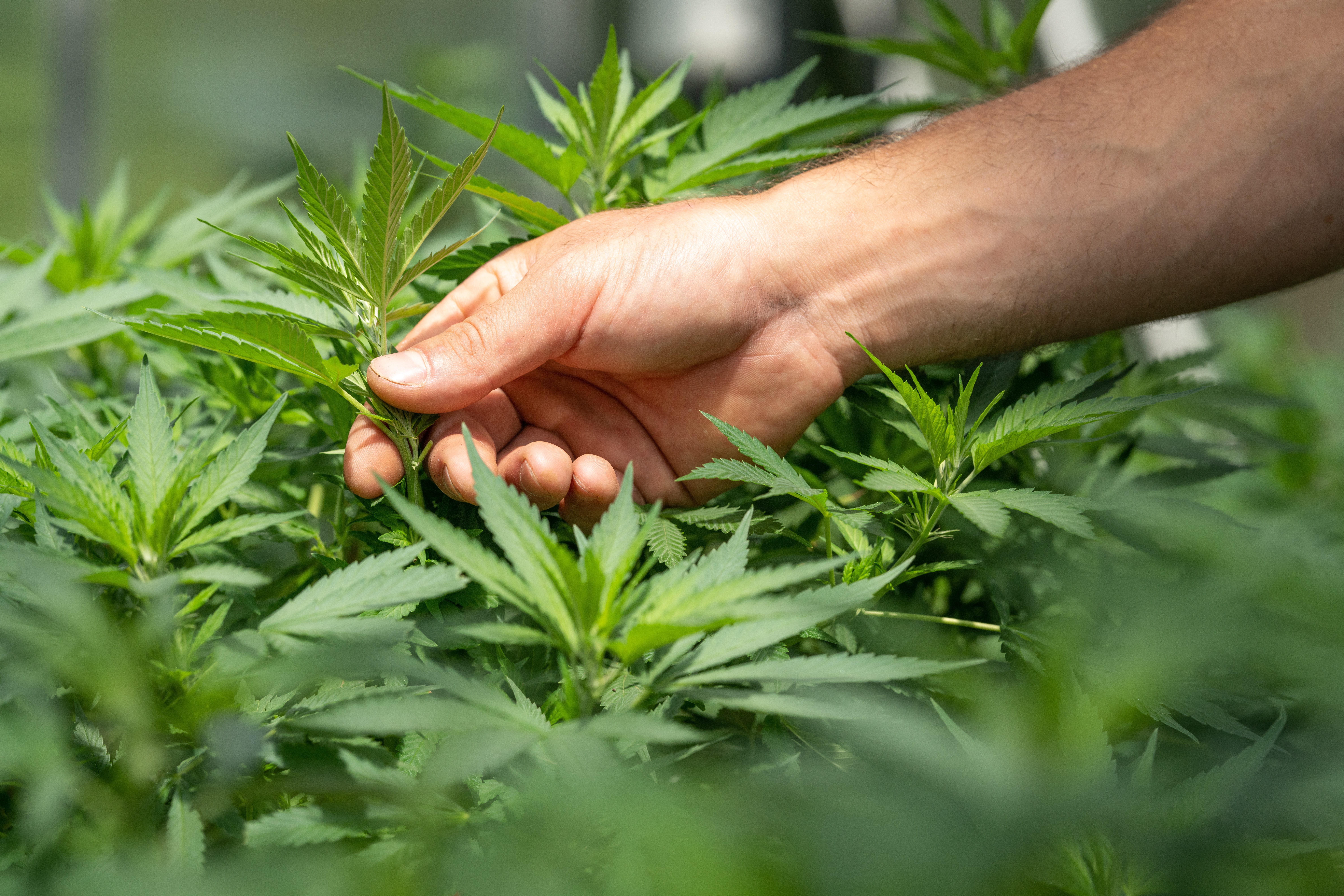From gummies and oils to topical creams, CBD has been taking over the market by storm. We’ve come to a time where almost everything has started to be made with CBD - food, skincare, and even vape pens. Various news sites and scientific journals have been publishing claims on how CBD helps relieve pain and other more serious illnesses such as cancer, Alzheimer’s and epilepsy.
As a consumer, you might be wondering what it is about CBD that makes it one of the most popular products in the market today. Are its medical claims valid?
If you want to know more about the science behind CBD and its effects on humans, then buckle up. We’ve rounded up the truths behind CBD and everything you need to know about it.
What is CBD?
There are more than 40 active compounds found in the cannabis plant, and one of them is cannabidiol or CBD. Contrary to popular belief, CBD itself does not have any euphoric effects or that feeling that makes one “high” after consumption. Instead, hemp-derived CBD products, which are the popular option in the market, contain less than 0.3 percent THC.
THC, or tetrahydrocannabinol, is also a compound found in the cannabis plant that is mainly credited for the intoxicating effect of products derived from the cannabis plant.
THC and CBD are two similar compounds and yet quite different from one another. While both exhibit almost identical effects, such as pain-relieving, anti-oxidant, anti-inflammatory, and neuroprotective properties, they also have contrasting effects with one another. THC can stimulate appetite, while CBD does not. THC is highly addictive when taken in large amounts; CBD has empirical evidence that it can stave off the addictive properties of THC.
In terms of biochemistry in human bodies, THC and CBD have an effect that mimics or boosts the levels of endocannabinoids throughout our bodies. Endocannabinoids are chemical compounds that are important in regulating our mood, memory, appetite, stress, and many other bodily functions. At present, many ongoing studies claim how endocannabinoids are part of a greater system responsible for human homeostasis, the endocannabinoid system.
What is the Endocannabinoid System?
You might be surprised to hear such an organ system exists in our body. But the endocannabinoid system, in a nutshell, is defined by scientists as the system that is responsible for maintaining balance and helps in running involuntary functions of the body. These functions may include but are not limited to immune function, reproduction, and metabolism.
Endocannabinoids bind into cannabinoid receptors, namely CB1 and CB2, found in our central and peripheral nervous systems. Depending on the locations of the cannabinoid receptors, the binding of endocannabinoids could help trigger motor or homeostatic functions that are essential for running our bodies.
For example, when endocannabinoids bind with CB1 receptors found in our spinal cord, the body could take it as a signal to relieve pain.
THC and CBD mimics the function of endocannabinoids. When the body absorbs them, both THC and CBD could bind with our cannabinoid receptors and trigger homeostatic functions. For example, THC could bind with one’s CB1 and stimulate appetite or reduce pain. However, it could also trigger signals that have adverse effects on the body, such as nausea and anxiety.
CBD and Its Effects
Unlike THC, there are no observable side effects from consuming CBD. While experts are still finding more empirical evidence on how CBD works in the body, they believe that CBD prevents the breaking down of endocannabinoids in the body. Consequently, endocannabinoids have a more substantial effect on the body.
In simpler terms, there is observable evidence that CBD gives off the same therapeutic effect that THC has in the body but without the side effects. Because of this, experts recommend using CBD to enhance the effects of medications used to treat multiple forms of epilepsy. There are some studies that suggest how CBD can alleviate symptoms of depression, anxiety, and stress.
As a general overview, here are some of the observable benefits one could have from CBD:
- Offer Pain Relief
When CBD targets the receptor called TRPV1, which helps humans perceive temperature and pain. Once CBD does so, pain signals are effectively blocked from reaching transmitters. Studies also show that CBD has observable effects in reducing inflammation in patients with malignant diseases.
Learn more about CBD and its effects on pain management by checking out this article on using CBD oil for pain.
- Reduce Symptoms of Mental Health Disorders
Mental health issues like anxiety are treated with medication such as benzodiazepines. However, this kind of medication has an addictive effect which can be counterproductive in treatment plans.
One study has shown how CBD could help alleviate insomnia and anxiety in children without any adverse effects. There have also been some studies that showed how CBD has antidepressant effects in animals.
- Alleviate Symptoms of Cancer
CBD has anecdotal evidence to help relieve symptoms related to cancer, such as nausea, pain, and vomiting. One study has shown how CBD had significantly reduced pain in cancer patients. CBD could also counteract adverse effects of chemotherapy, such as nausea and vomiting.
Although there have been medications available in the market that targets the same cancer-related symptoms, these medications often come with their side effects. As CBD is organic and has no observable side effects, patients would choose this as an alternative.
- Exhibit Neuroprotective Properties
Some studies have been made on patients with multiple sclerosis and other neurological diseases that CBD could help alleviate spasms and seizures. Some patients who have displayed resistance to medication would turn to CBD to manage their symptoms and find positive results.
It has been observed that CBD has helped improve sleep and quality of life in patients who have Parkinson’s disease. While these are positive studies that show promising results, more studies are still needed to definitively conclude that CBD could positively affect patients with neurological conditions.
- Improve Cardiovascular Health
Another interesting effect that CBD has is how it could lower blood pressure. A study has shown that CBD had a minimal increase in blood pressure within its test group. Proponents of the study explained that this could stem from the relaxing and anxiety-reducing effects of CBD.
The use of CBD and its benefits in the human body is more than just hearsay. On the contrary, it is very much rooted in science and can be explained by biochemistry. CBD is successful in relieving pain and other neurological properties because it mimics the response of endocannabinoids in the body. By binding with cannabinoid receptors, CBD could help in pain relief and anxiety reduction.
As such, there are a plethora of health benefits that CBD could potentially address. It bears significance to look into CBD as an alternative or supplement in treatment plans, especially for drug-resistant patients.
Learn more about CBD by reading our interesting and very informative article on what we already know about CBD and what else we have to discover.





